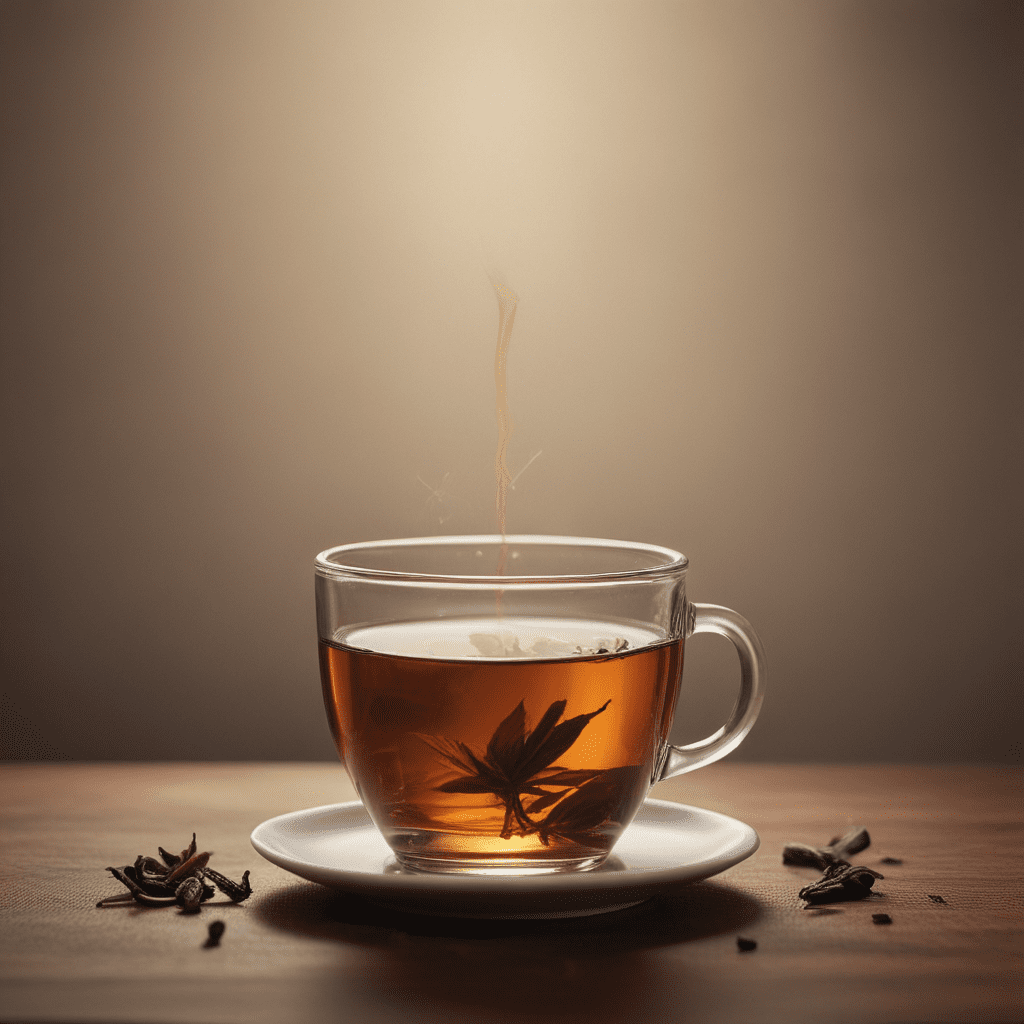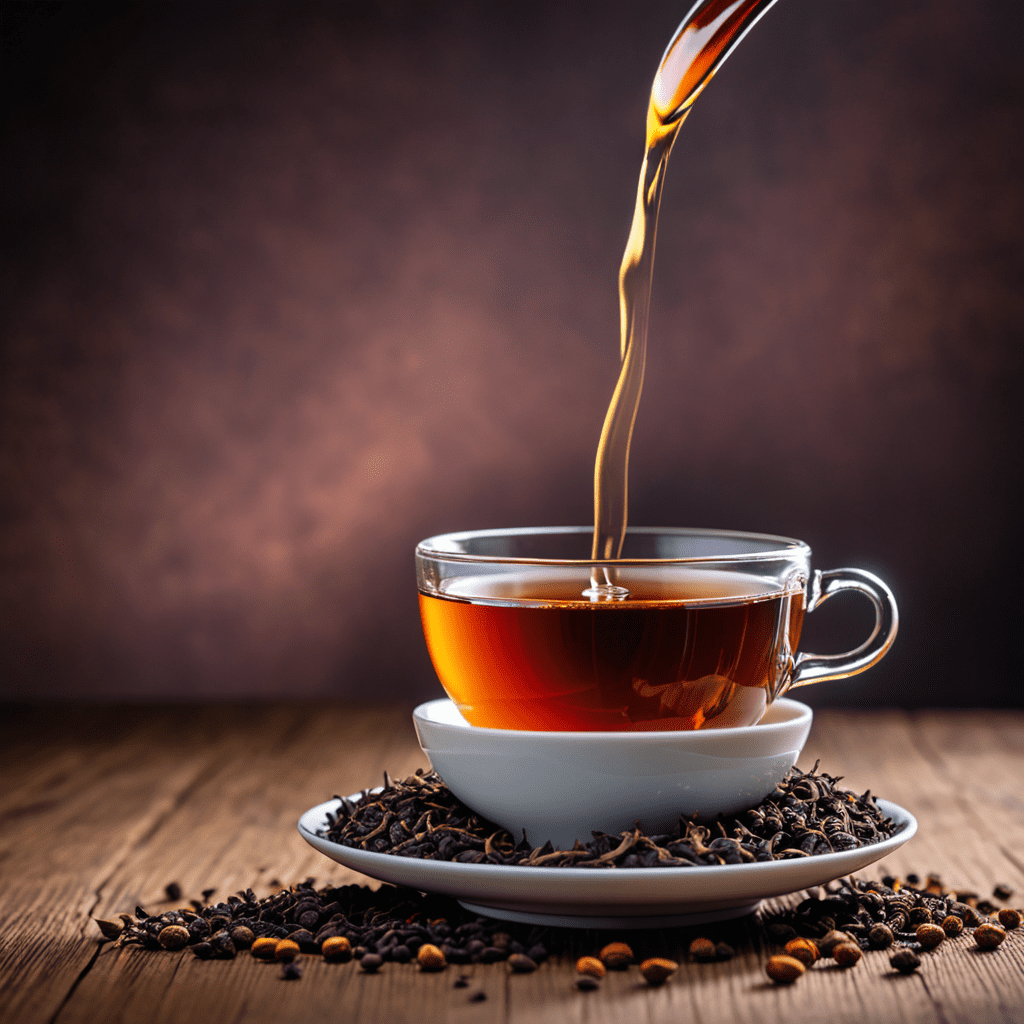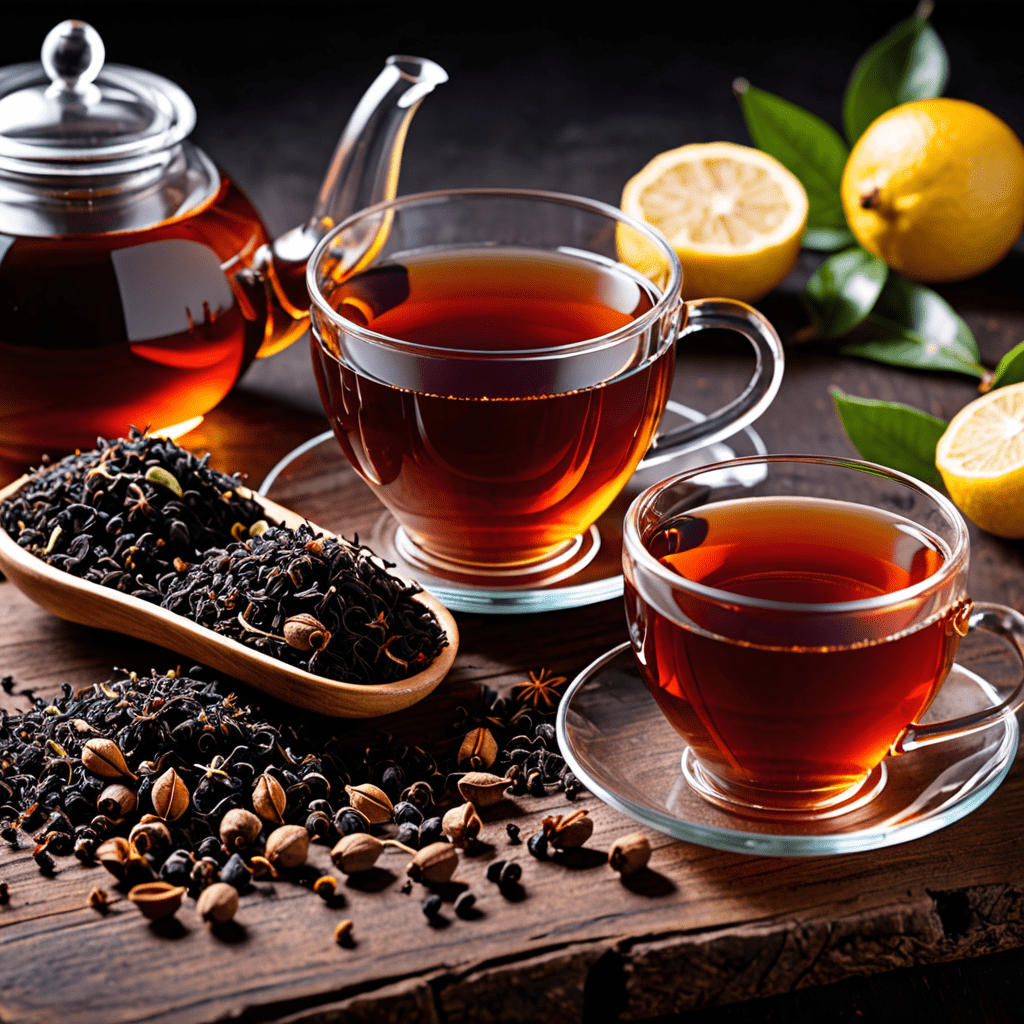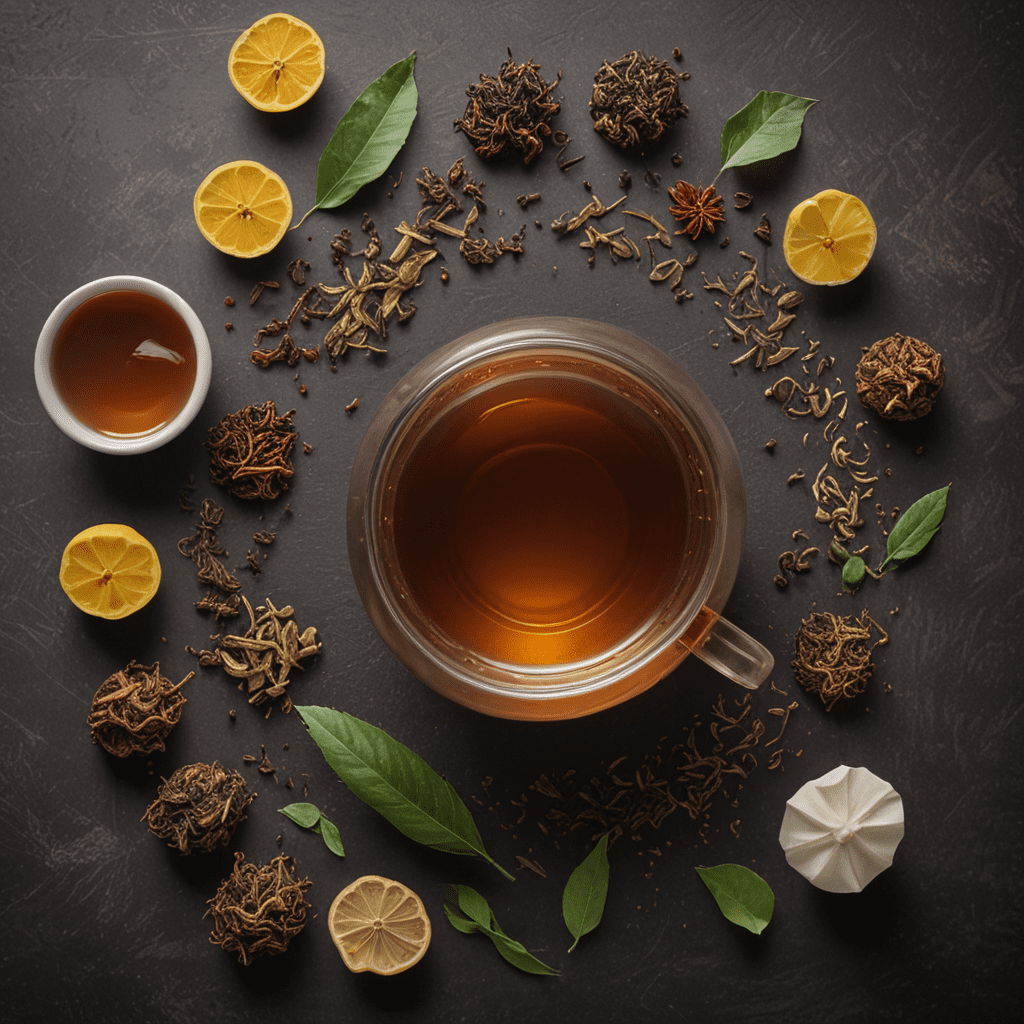The History of Tea in Chinese Poetry
The history of tea in Chinese poetry is long and storied, dating back to the Tang dynasty (618-907). During this time, tea was first introduced to China from India, and quickly became a popular drink among the literati. Tea was often mentioned in Tang poetry, and was frequently associated with feelings of tranquility and meditation.
Tea as a Symbol of Tranquility and Meditation
In Chinese poetry, tea is often used as a symbol of tranquility and meditation. This is because tea is known for its calming effects, and is often used to help people relax and de-stress. In addition, tea is often associated with the concept of "wu wei," or effortless action. This concept is central to Taoism, and is often practiced through activities such as meditation and tea drinking.
The Ritual of Tea in Chinese Poetry
The ritual of tea is an important part of Chinese culture, and is often depicted in Chinese poetry. This ritual involves the careful preparation and serving of tea, and is often used as a way to show respect and hospitality to guests. In Chinese poetry, the ritual of tea is often used to symbolize the importance of tradition and community.
The Taste of Tea in Chinese Poetry
The taste of tea is often described in Chinese poetry, and can be used to express a variety of emotions. For example, the bitterness of tea can be used to symbolize hardship or sorrow, while the sweetness of tea can be used to symbolize joy or happiness. In addition, the different flavors of tea can be used to represent different regions of China, or different seasons of the year.
The Fragrance of Tea in Chinese Poetry
The fragrance of tea is another important element of Chinese poetry, and can be used to create a sense of atmosphere or mood. For example, the delicate fragrance of green tea can be used to symbolize spring, while the rich fragrance of black tea can be used to symbolize autumn. In addition, the fragrance of tea can be used to evoke memories or emotions, and can be a powerful way to connect with the past.
Tea and the Four Seasons in Chinese Poetry
Tea is often used to represent the four seasons in Chinese poetry. For example, green tea is associated with spring, black tea with autumn, white tea with winter, and oolong tea with summer. This is because the different types of tea have different flavors and aromas that are reminiscent of the different seasons.
Tea and Friendship in Chinese Poetry
Tea is often used to symbolize friendship in Chinese poetry. This is because tea is a drink that is often shared with friends and family. In addition, the ritual of tea can be a way



